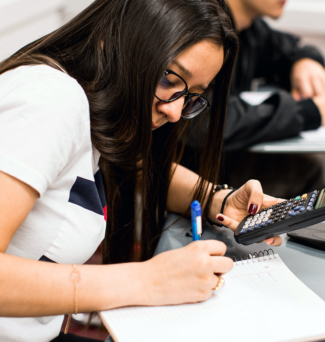Center for Dyslexia Studies
Fairleigh Dickinson University offers a variety of programs which train teachers in the use of the Orton Gillingham approach, an explicit, direct, multisensory structured, phonetic approach to teaching reading, writing and spelling.
Center for Dyslexia Studies




